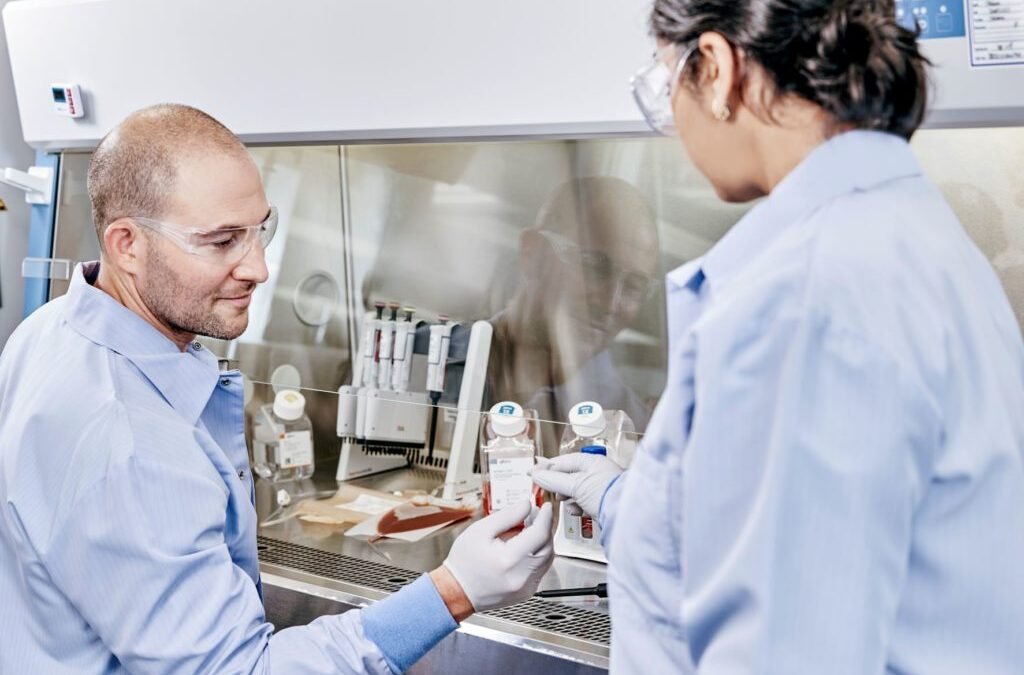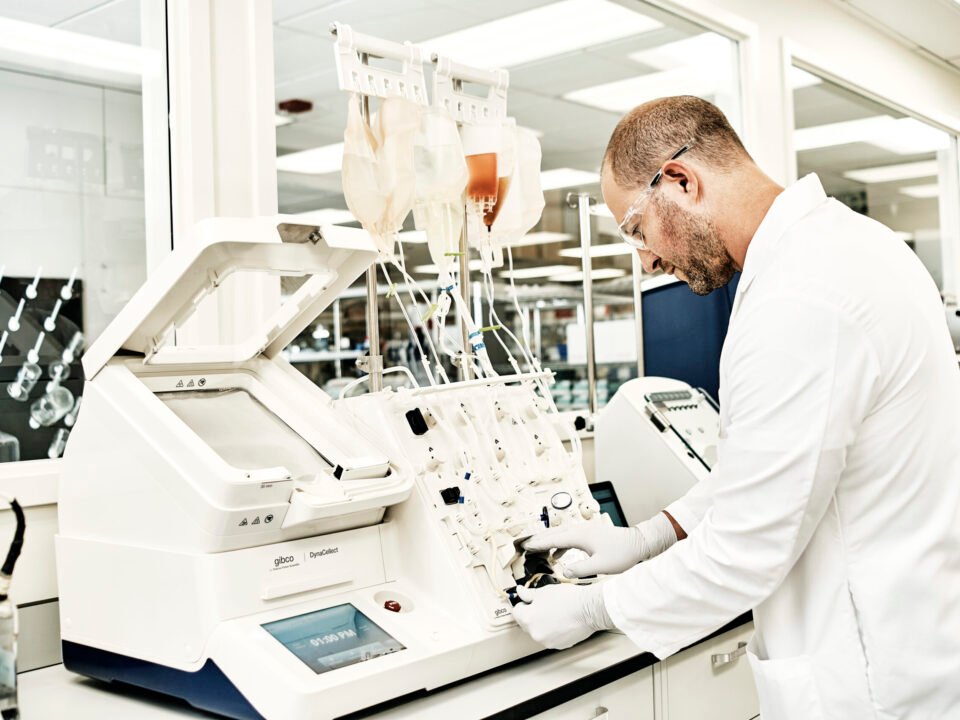
Manufacturing CAR T Cell Therapies: Challenges, Insights and Solutions
November 24, 2024
Specifications Don’t Tell the Whole Story: How to Choose GMP Process and QC Equipment
November 24, 2024The road to translating a cell therapy candidate from concept to commercialization is a long and complicated one. From conducting countless validation studies, to dealing with unpredictable supply chain issues, to finally securing regulatory approval, each step in the pipeline requires an extensive amount of time, money, and resources. It is no wonder that an increasing number of developers are looking to outside collaborators for their expertise.
Whether you are a large biotech company with a portfolio of commercialized therapeutics or a startup looking to bring your innovative product to market, this blog post explains how collaboration can help you accelerate your cell therapy development timelines—and avoid headaches along the way.
Is collaborating right for you?
To answer this question, there are several factors to consider:
- Maturity of assets – Where you are in your development and manufacturing pipeline determines the level of support you may need and determines whether a collaborator is right for you. If you are a developer with early-phase therapeutics in the pipeline, you would most likely benefit from an experienced collaborator that can work with you to streamline, scale, standardize, and automate your manufacturing process. Considerations to work through would include raw materials, closed instrumentation, and process optimization support.
- Type of therapeutic – The type of cell therapy you are developing can greatly impact your manufacturing strategy. For example, with an allogeneic therapy the scale dramatically differs from the manufacturing process required for autologous therapies. Additionally, cell type specific considerations can add complexities and additional steps to your workflows—therefore, it is important to work with a collaborator knowledgeable across multiple workflows. A great collaborator can help a cell-therapy developer understand the limitations of their source cells and aid in solutions for cell processing or cell modification. Whatever the type of therapeutic, you will want to team up with a collaborator that has expertise in end-to-end process optimization.
- Level of expertise – The relative maturity of your organization can be a good indicator of your needs as a cell therapy developer. For example, an early-stage, emerging or startup biotech may lack the trained workforce and expertise necessary to hit key product-development milestones in a timely fashion. In this case, working with a knowledgeable collaborator can efficiently guide product-incorporation, tech transfer, and process optimization to help accelerate speed-to-clinic. Most importantly, through collaborative interactions there are opportunities to gain early access to new, innovative Thermo Fisher Scientific technologies under development and influence product capabilities to fit your needs. Pairing with the expertise and flexibility of an experienced industrial collaborator can complement the processes and capabilities already in place.

